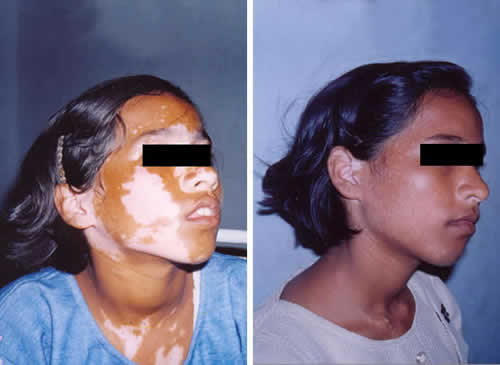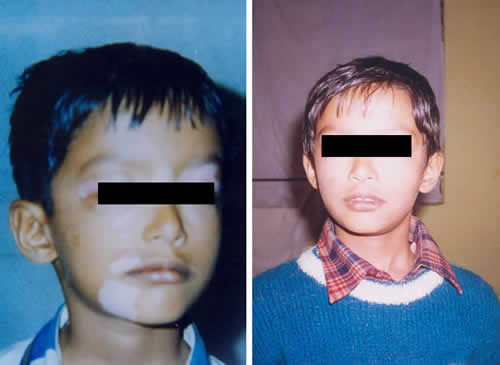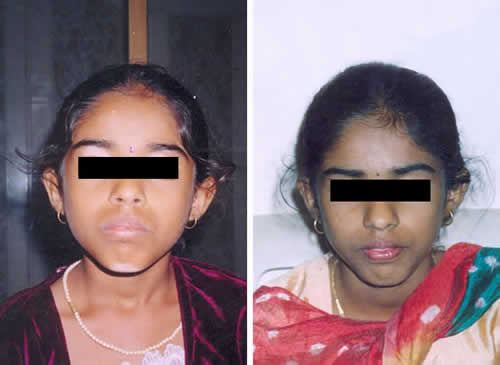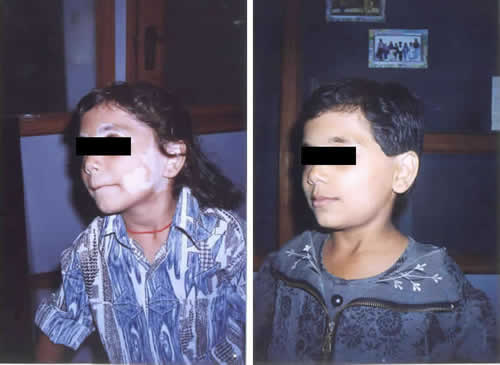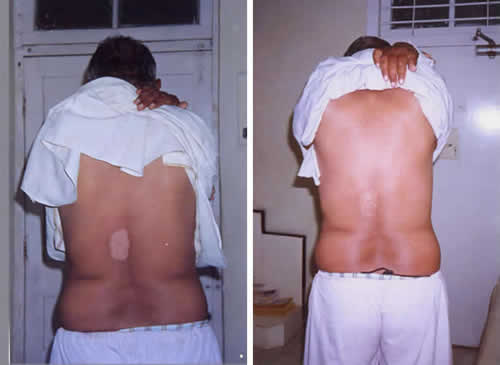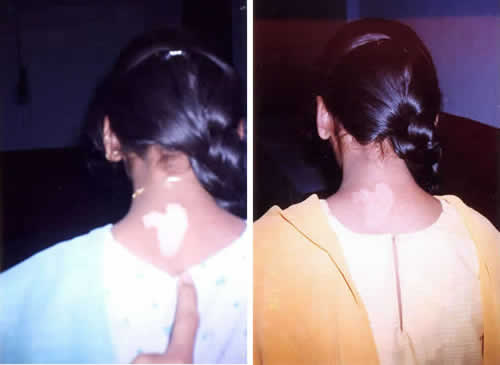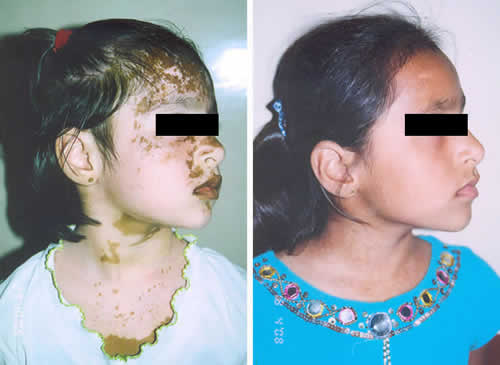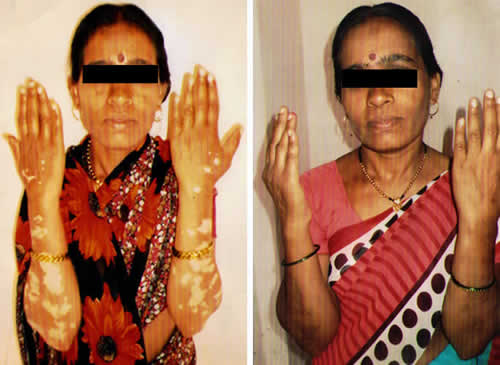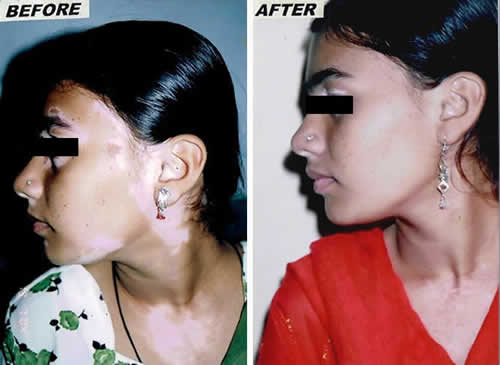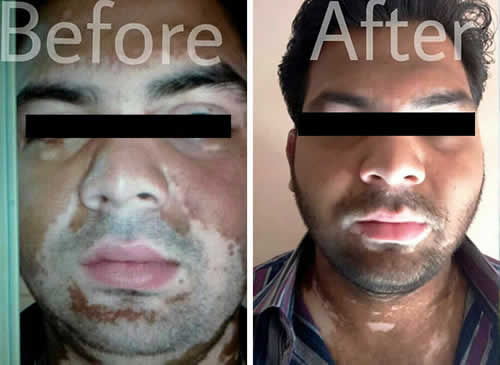Hailey- Hailey Disease
Hailey-Hailey disease is also called as familial benign chronic pemphigus. It is an uncommon inherited skin condition, in which red, small blisters or scaly areas appear at sites of friction. The conditions are apt to get worse with friction and sweating, and in hot weather.
Causes
The condition is innate; there is a one in two (50:50) possibility that each child of an affected parent will inherit the skin problem.
Symptoms
Hailey- Hailey Disease is a nuisance sooner than a serious problem, yet while the affected skin is itchy and uncomfortable, and the patches come and go. The affected skin may be uncomfortable if the skin surfaces are persistently rubbing e.g. in the groins when walking. Hardly ever a severe erupts in the groins, genital area or in the crease of the buttocks can make walking and working very uncomfortable.
The first signs of the condition usually appear between the ages of 15 and 40 years, but it can also begin outside this age range. The severity varies extremely and is unpredictable. Red and scaly areas or small blisters emerge at areas of friction, particularly at the sides of the neck or in the skin folds under the arms, at the tops of the legs (groins) or under the breasts. The skin looks completely normal in between active episodes, and does not scar. Many patients notice that their condition improves as they get older.
It is very common for the condition to be mistaken for eczema (or dermatitis), a sweat rash, ringworm or impetigo (a bacterial skin infection). The diagnosis of Hailey-Hailey disease can be made by examining a sample of the skin (a biopsy) under the microscope.
The underlying genetic defect cannot be altered. However, treatment does help and long remissions are common.
Homeopathic Approach
Homeopathy has possibility in the treatment of this condition. This condition many a times becomes anti to the conventional treatment of local steroids and physicians often choice to oral steroids to control the explode; this can very well be avoided by opting for homeopathy.
The Root Cause of Autoimmune Disease
It is our mission to provide each patient the best care in a kind, honest and compassionate manner.”

